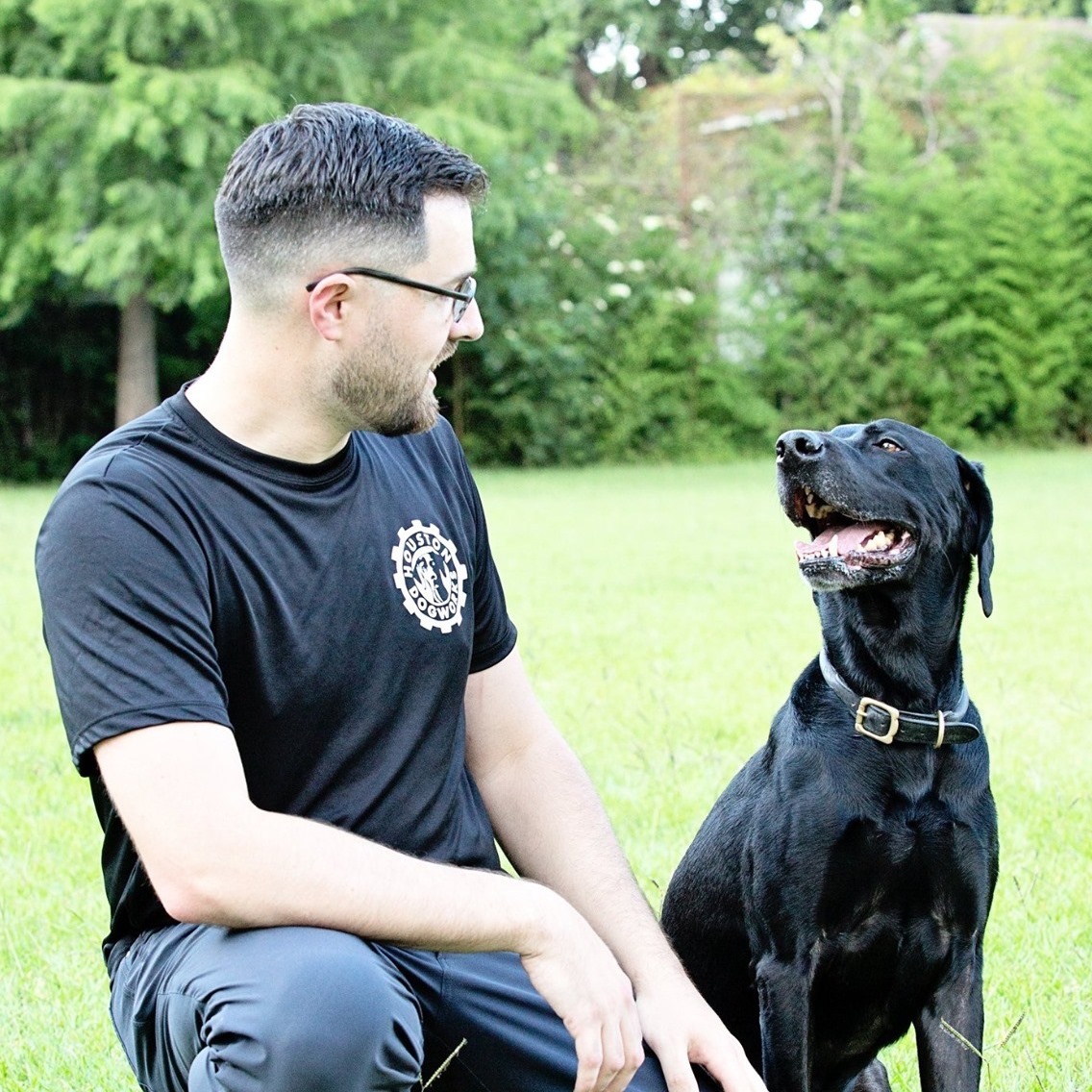Raise the Puppy... Train the Dog.
- Joshua Wiggins
- Jan 14, 2025
- 3 min read
Updated: Feb 5, 2025
Did you know puppyhood actually ends around 16 weeks of age? This time, from birth to the start of adolecense, is referred to as the critical development or criticial socialzation period. The things your puppy is and isn't exposed to during this time have lasting effects on the dog for the rest of their lives and cannot be replicated later.

It is our job to set the puppy up for success, both short and long term. Steering and brakes are always easier to install than trying to build confidence in a dog that has passed the critical development period.
We are BIG BELIEVERS in shaping puppy behavior via both training and management and showing the dog simple versions of the experiences they will have later in life. The goal should be to raise puppies into trainable dogs.
Done properly, the raising of a puppy equips them with as much emotional and environmental confidence and stability as possible all while building your relevance to them. We want your dog to think you are the best thing on earth and are a safe, dependable, and predictable leader that they can count on. You and your puppy should be working to form a team, not set up to be combative adversaries. Remember, puppies can't make mistakes... but people can set them up for failure.
That all sounds good... but how?
Remember, puppies can't make mistakes, so it is our job to keep them winning as much as possible. We have the bank accounts and thumbs in the relationship.
Here are some quick and easy tips to get stated.
1: Do everything you can to be relevant to your puppy.
This includes controlling resources, including food. In fact, we advocate you train your puppy with their meals, not with treats. This allows us to have some leverage on the puppy differently than if we were using "extras" and it is the simple fact that puppies are growing and so they have the need for calories. We are NOT saying that you should starve your puppy, but being hungry is a powerful motivator.
2: Show the dog the world in a way that you can control outcomes.
It is a great detriment to leave your puppy sheltered from the world. This has become so much of a problem, telling people not to even let their puppy even touch grass until they are through 3-4 rounds of vaccinations, that the AVMA actually released a statement about the cost/benefit of safely socializing the dog versus keeping them stowed away. You can read that HERE.
How do we control outcomes? A leash, a collar, and a conditioned marker system. This allows us to guide the puppy's choices, prevent unwanted "bad" behaviors in a way that provides context to the puppy, and reward things we do want as well as general engagement with us as we move through various environments.
But what is "SOCIALIZATION"? The short version- It should be "exposure to" NOT 'interaction with". Your puppy doesn't need to be in romper room puppy classes, if they are getting exposure to other dogs it should be confident stable adult dogs that can parent.
Stay tuned and subscribe as an entire blog is coming on this topic. Inappropriate practices in this area are one of the things that lead to the most behavioral problems in adolescence and adulthood that we then deal with.
3: Avoid the pressure of too much expectation.
In an industry filled with agendas, something that is often glossed over is the fact that EXPECTATION IS PRESSURE. While we want to provide the puppy clear parameters and predictable framework in which to navigate the world, our home, and those in it, we do NOT want to over pressure the dog with too much expectation. This can come in many forms ranging from too much duration in stationary positions, asking the dog to go too long in the crate before a potty break, obedience behaviors in too compelling an environment, to allowing the dog far too much unearned freedom that they do not have the maturity or tools to navigate properly.
The goal of any training, puppy or otherwise, should be to set the dog up for success as much as possible so that you can bank success and build towards the end goal. When you have clear and definable end goals, the path to reach them becomes much easier to map out. Start with the end in mind. Your puppy is only a puppy once, and only for a few weeks of its life.
The next blog topic will be what puppy training should and should not be... subscribe for updates.







Comments